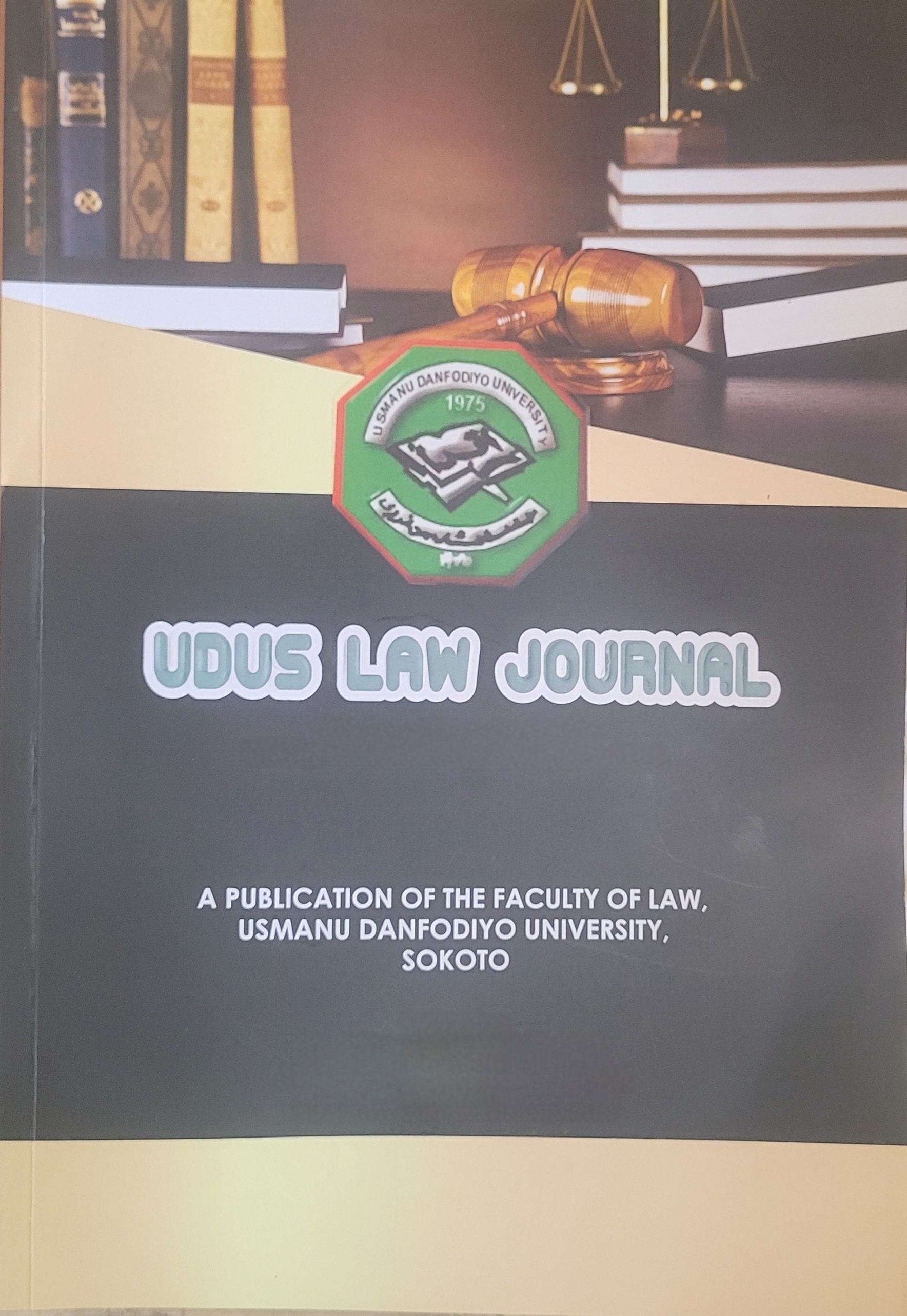Abstract
Insufficient liquidity can lead to bank failure. At the same time, excessive liquidity limits profit potentials of banks. Although there have been several attempts to develop a legal framework that can facilitate the process of liquidity management in Islamic banks in most jurisdictions vide monetary policy implementations, the legal regime for monetary policy transmission in Nigeria has not been fully adapted to accommodate the banks operations and specificities. This in turn affects their liquidity and profitability. While adopting both doctrinal and empirical research methods, this research observed inter alia that control of interest rate which is repugnant to Islamic banking principles is a cornerstone in CBN monetary policy and this hampers Islamic banks response to monetary policy shocks and their liquidity management. It recommends an amendment to the existing banking laws with a view to inter alia substituting interest rate with either profit rate or mark-up feature for Islamic banks as practised in notable countries where Islamic banking is well rooted. It is believed that this will go a long way in accommodating Islamic banks within the CBN monetary policy operations and improve their liquidity management.



 National Library of Nigeria
National Library of Nigeria.jpg) Association of Nigerian Authors
Association of Nigerian Authors Nigerian Library Association
Nigerian Library Association EagleScan
EagleScan Crossref
Crossref